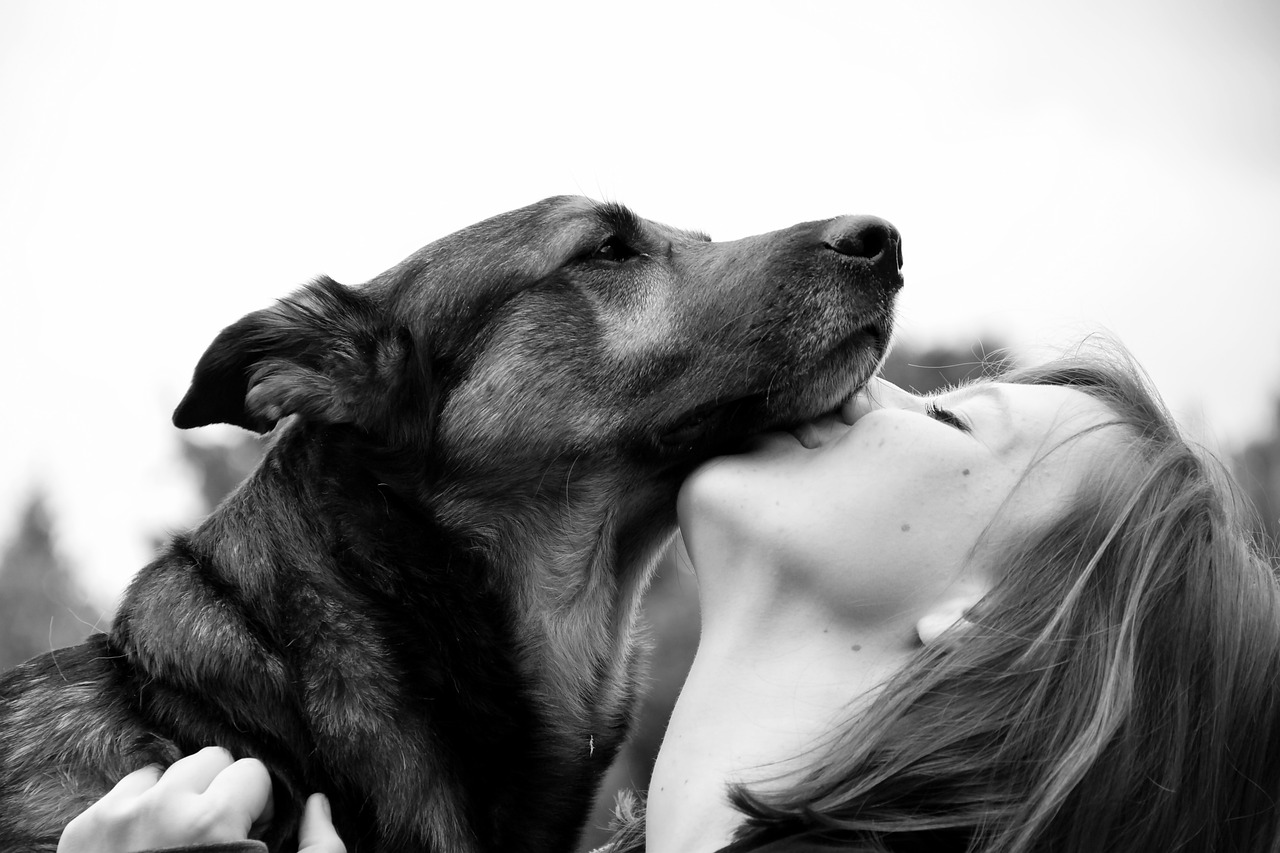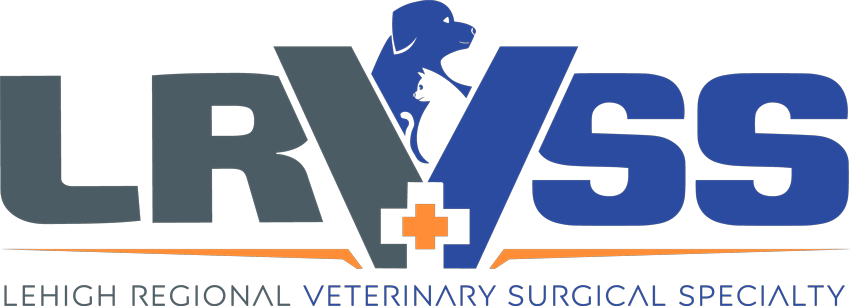
← 5 critical questions about postop care
Today, we provide answers to 5 more questions we commonly hear from pet owners before surgery.
1. When are the next follow-ups due?
Typically, there will be an appointment for suture or staple removal, usually 14 days after surgery.
When there are no sutures to remove, the incision should still be rechecked, usually 14 days after surgery.
There might be specific appointments for bandage changes, or X-rays.
And most often, there will be a final appointment to make sure your pet is OK and can go back to a normal lifestyle.
Keep in mind that this information will be discussed before surgery, and will be in writing in your discharge instructions.
2. What should I expect when?
For example, if your pet has knee surgery, when should you expect him or her to put the foot down? When should you expect good use of the leg? When should you expect normal use of the leg?
If your pet is paralyzed, when should you expect motion in the back legs? When should you expect walking?
If your pet has bladder surgery, when should you expect normal (as opposed to bloody) urine?
Your surgeon will (or should) cover this information – with the clear understanding that every pet is different and the recovery vastly depends on the type of surgery.
And each recovery is different.
If this info is not provided, feel free to ask the question.
3. What complications should I look out for?
Again, this depends on the situation. If a fracture is repaired, failure of the repair could happen if your pet jumps from the couch, runs down the stairs, or chases a squirrel.
If your pet licks an incision, don’t be surprised if it opens up or gets infected.
Of course, not everything is your pet’s fault.
If a foreign body is removed from the intestine, and the stitches don’t hold up, you need to know what signs to look out for.
This is absolutely a question you should feel totally free to ask your surgeon.
More specifically, you should ask 2 questions about complications:
. what are common complications with this surgery?
. what complications have you personally seen after this surgery?

4. Who do I call if I have a question?
This will completely depend on your question.
The receptionist, the nurse or your surgeon will be able to answer, it’s just a matter of what the question is.
Your surgeon’s website should have FAQs – ours certainly does (www.LRVSS.com/FAQs).
We have 50 of them, and they should answer 99% of your questions.
We even have a special page few people have: SAQs – Should Ask Questions (www.LRVSS.com/SAQs).
5. Who do I call if I have an emergency?
This is a tremendously important question.
Different surgeons do different things, depending on how their practice is set up.
Because of the various options, you should ask that question before or after surgery.
You can always try to call your surgeon or your family vet first.
If they are unavailable, then please call the closest emergency clinic. Better safe than sorry.
Clearly, there is a lot more to say about each question, but this is a good start to face most common situations.
Your surgeon cares about your pet’s recovery as much as you do, so (s)he should be happy to answer all of your questions.
After all, their success depends on your pet’s smooth recovery!
It’s really easy to know if your surgeon or nurse was thorough during the consultation or the discharging process.
When (s)he asks “Do you have any questions?”, your answer should be: “I did, but you answered them all!”
If you would like to learn how we can help your pet with safe surgery and anesthesia, please contact us through www.LRVSS.com
Never miss a blog by subscribing here: www.LRVSS.com/blog
Phil Zeltzman, DVM, DACVS, CVJ, Fear Free Certified
Pete Baia, DVM, MS, DACVS
